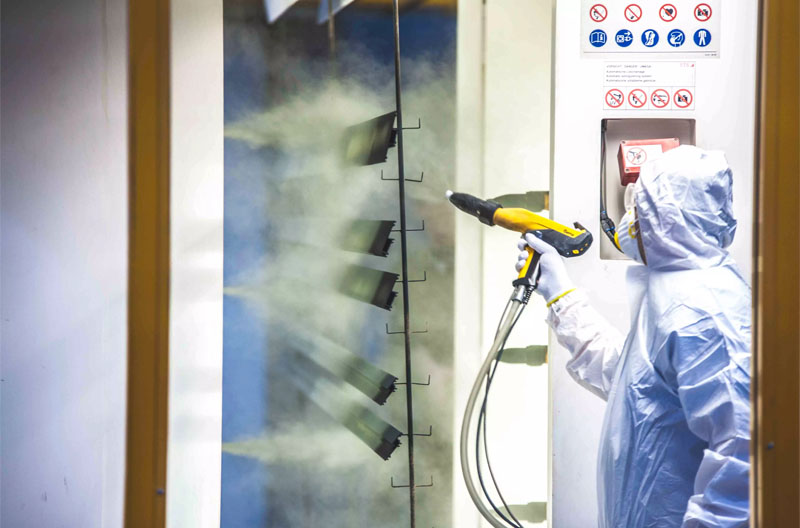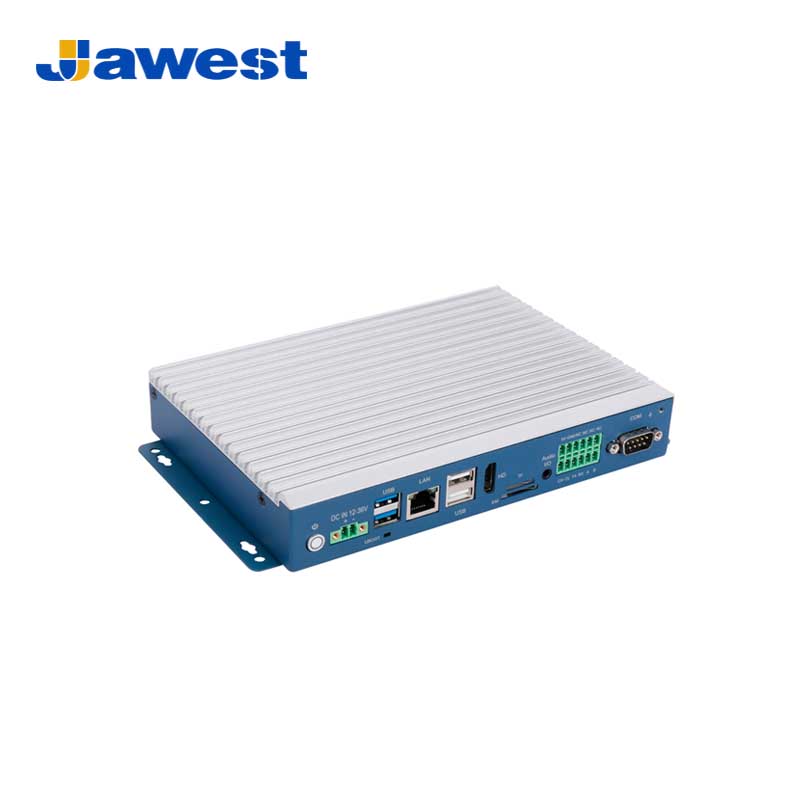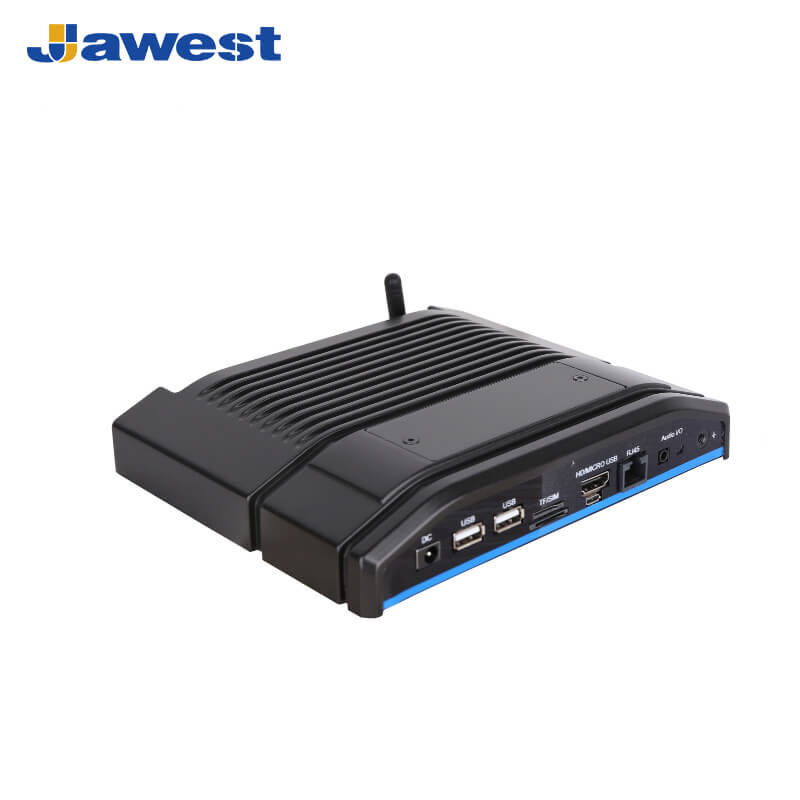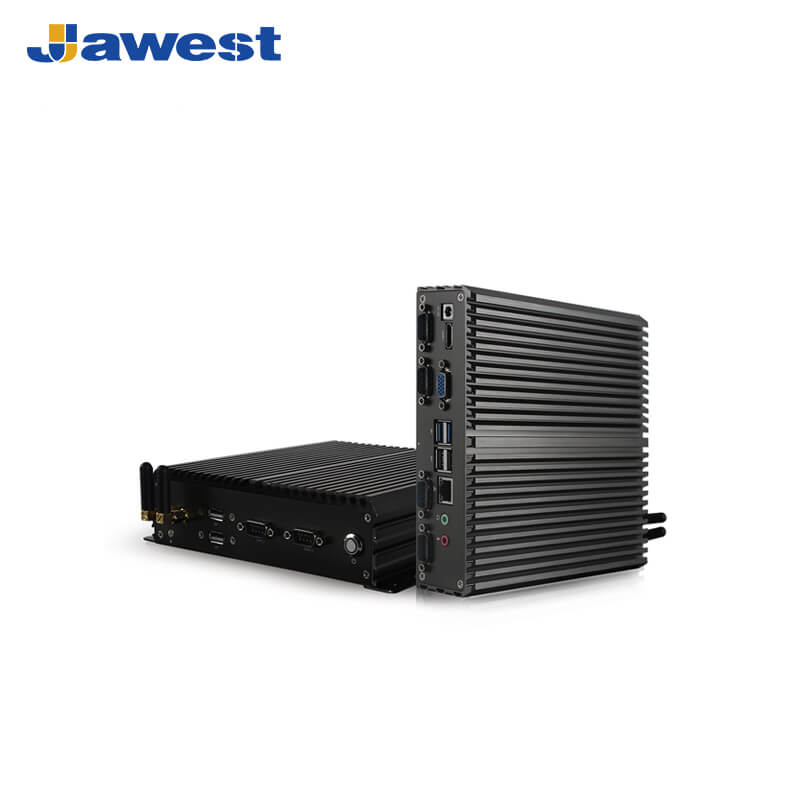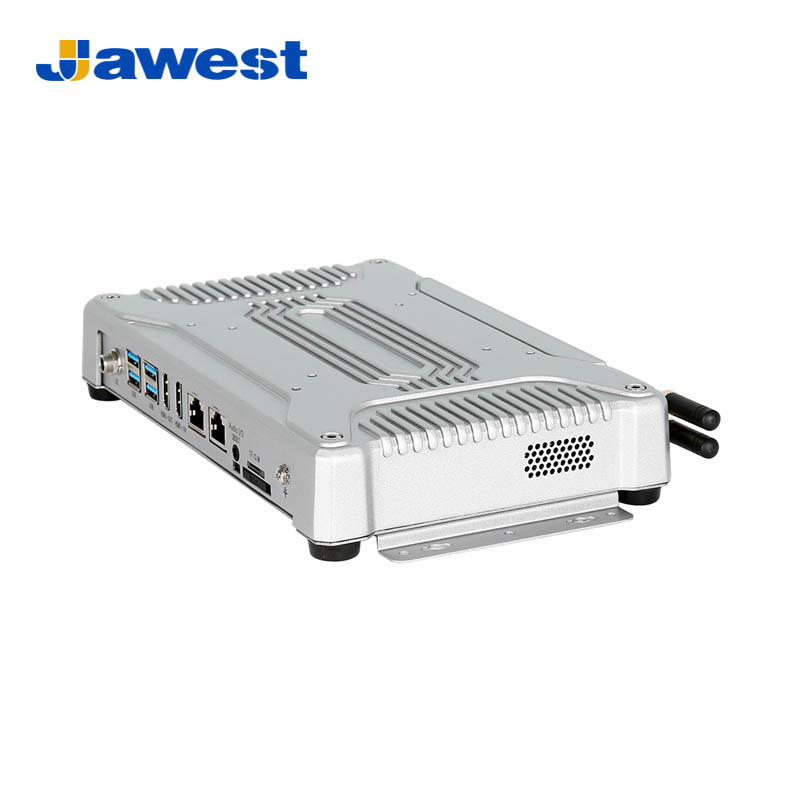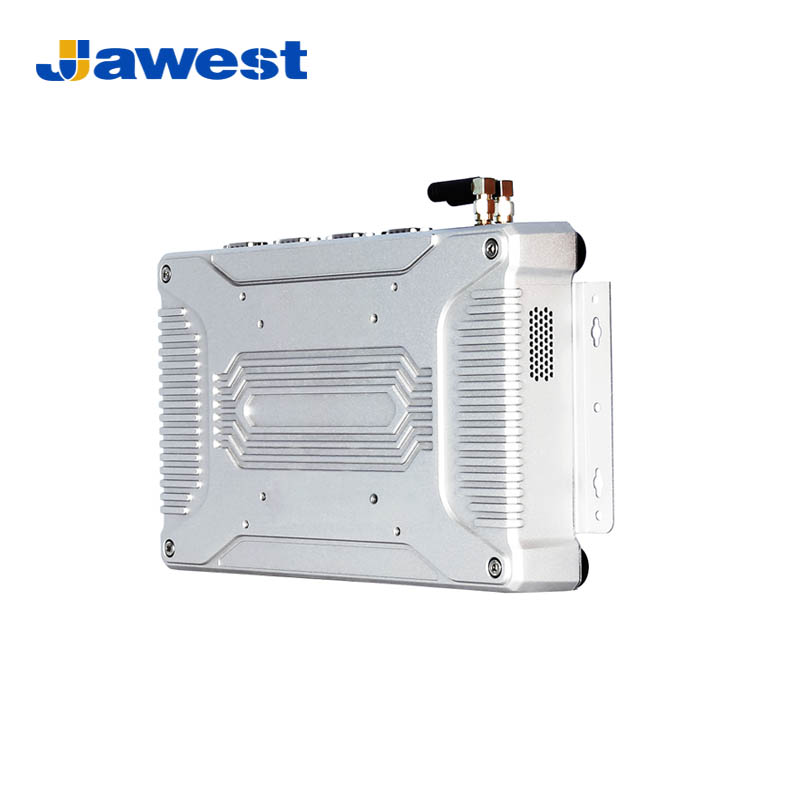In the fast-paced and highly specialized world of powder coating, precision and efficiency are paramount. Powder coating is a versatile and cost-effective finishing process that uses dry powder to coat metal and other materials, providing a durable, attractive finish. For manufacturers to achieve consistent and high-quality results, it's essential to have a reliable and sophisticated control system in place. Industrial computers, with their robust performance and adaptability, play a critical role in the operation of powder coating control systems, helping manufacturers achieve greater automation, precision, and efficiency.
What is a Powder Coating Control System?
A powder coating control system is an integrated solution designed to manage and optimize the various components involved in the powder coating process. These systems typically control the application of powder, the curing process, and the movement of materials through the coating line. The goal is to ensure that the coating process operates at peak efficiency, with minimal waste, energy consumption, and downtime.
Powder coating systems are composed of several key elements, including:
● Powder application equipment (spray guns, electrostatic systems, and booths)
● Conveyors and material handling systems
● Curing ovens (to harden the powder coating)
● Air filtration and exhaust systems
● Temperature and humidity control
Each component must work in perfect harmony to produce a high-quality, consistent finish. Industrial computers enable real-time monitoring, control, and optimization of these systems.
Role of Industrial Computers in Powder Coating Control Systems
Industrial computers are essential for controlling the complexity and sophistication of modern powder coating systems. These computers provide the processing power required to run control software, interface with machinery, and ensure that every aspect of the coating process is managed effectively.
Here’s how industrial computers contribute to powder coating control systems:
1. Centralized Control and Automation
Industrial computers act as the brain of a powder coating system, providing a centralized control platform for operators to manage all aspects of the process. From the initial powder application to the final curing stage, operators can monitor and control each step through a user-friendly interface. Automation features allow for the creation of predefined processes or batch programs that can be executed automatically, ensuring consistent results.
For example, an industrial computer can control the powder spray guns to adjust the electrostatic charge for optimal powder adhesion, or it can adjust the conveyor speed to maintain the desired coating thickness. These systems can also be configured to store recipe settings for different types of coatings, ensuring rapid changeover between product lines without compromising quality.
2. Real-Time Data Monitoring and Analysis
One of the primary benefits of using industrial computers in powder coating control systems is their ability to provide real-time data monitoring. Industrial computers are integrated with sensors and measurement devices that track variables such as spray pressure, powder feed rates, curing oven temperature, and humidity levels.
The data collected is processed in real-time, enabling operators to make immediate adjustments if any parameters fall outside of the desired range. For instance, if the temperature in the curing oven is too high or too low, it could result in poor adhesion or improper curing of the coating. The industrial computer will alert the operator and allow them to make corrections before defects occur.
3. Recipe Management and Product Changeover
Many powder coating systems need to handle a wide variety of products with different coating specifications. Industrial computers allow operators to store and manage a vast range of coating recipes, which specify the exact settings for parameters such as powder type, spray gun settings, curing temperatures, and application techniques.
When switching between products, the industrial computer can automatically recall the correct recipe, ensuring a smooth changeover and preventing human error. This feature saves time, improves consistency, and reduces the risk of costly mistakes. Additionally, it ensures that the powder coating process remains consistent across different production runs, providing uniform results for each product.
4. Optimizing Powder Usage and Reducing Waste
One of the key benefits of an industrial computer-controlled powder coating system is the ability to optimize powder usage. Through sophisticated control algorithms, industrial computers can adjust the powder flow to match the precise needs of the coating process. By monitoring spray efficiency and overspray, the system can minimize waste, reducing the amount of powder needed and improving overall cost efficiency.
Many industrial computers are also equipped with real-time feedback loops that ensure the coating process is as efficient as possible. For example, they can automatically adjust the powder flow based on the speed of the conveyor or the size and shape of the object being coated, reducing excess powder while still achieving the desired coating thickness.
5. Energy Efficiency and Environmental Control
In addition to controlling the coating process itself, industrial computers help optimize energy consumption and environmental factors in the powder coating system. For example, they can regulate the temperature and airflow within curing ovens to ensure energy is used efficiently, maintaining the required heat levels without excessive energy consumption.
The industrial computer can also monitor the air filtration system to maintain the air quality in the workspace. If filters become clogged or airflows are disrupted, the system will notify operators to take corrective action, preventing the buildup of hazardous dust and maintaining a safe working environment.
6. Data Logging, Reporting, and Compliance
For manufacturers in industries such as automotive, aerospace, or electronics, compliance with regulatory standards is critical. Industrial computers enable detailed data logging and reporting features that help meet environmental and safety regulations. These reports can be stored for auditing purposes or shared with regulatory bodies to demonstrate compliance with industry standards.
For example, temperature, humidity, and curing times are critical parameters that need to be precisely controlled to ensure the coating’s integrity. The industrial computer can track this data over time, generate reports, and store this information for future reference.
7. Remote Monitoring and Diagnostics
Many modern industrial computer systems offer remote monitoring capabilities, allowing operators and maintenance teams to monitor the powder coating process from anywhere. Remote access to the system enables real-time troubleshooting and diagnostics, reducing the need for on-site intervention and improving overall system uptime.
In the event of a malfunction or a parameter drift, the industrial computer can alert maintenance teams to the issue, sometimes even diagnosing the problem remotely, which helps reduce response times and minimize system downtime.
Benefits of Industrial Computers for Powder Coating Control Systems
Improved Process Consistency
Automation and precise control ensure that every product receives the same level of coating quality, reducing variability and increasing consistency in production.
Reduced Downtime
Real-time monitoring, predictive maintenance capabilities, and efficient control systems contribute to reduced downtime, keeping the coating line running smoothly with fewer interruptions.
Cost Savings
The ability to optimize powder usage, improve energy efficiency, and reduce waste all contribute to cost savings over time. The initial investment in industrial computers often pays for itself through these operational efficiencies.
Better Quality Control
With real-time monitoring and immediate corrective action capabilities, industrial computers help ensure that the final product meets the required quality standards, resulting in fewer defects and reworks.
Enhanced Flexibility
The ability to store multiple recipes, adjust settings automatically, and monitor various system parameters provides manufacturers with greater flexibility to quickly switch between different coating projects while maintaining high quality.
Conclusion
Industrial computers are integral to modern powder coating control systems, providing the processing power, precision, and reliability needed to ensure a high-quality finish, improve operational efficiency, and reduce costs. From controlling powder application and curing ovens to optimizing energy consumption and reducing waste, industrial computers help manufacturers streamline their processes and maintain tight control over every aspect of production. As technology continues to advance, the role of industrial computers in powder coating systems will only grow, offering even more opportunities for automation, efficiency, and innovation in the industry.




